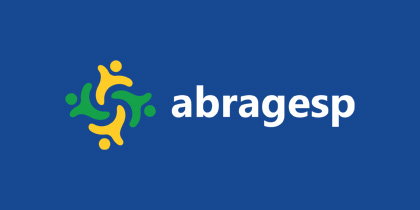SPORT INCENTIVE LAW AS A MANAGEMENT STRATEGY
Keywords:
Sports Management; Sports Incentive Law; Public sports policiesAbstract
Sport in Brazil is a social right, according to the Federal Constitution. As such, public policies are seen as an instrument for guaranteeing this right, according to Carvalho (2019). On the other hand, a public policy can be a component of the management strategy of sports organizations. Thus, the Sports Incentive Law (LIE) (2006) allows funds from tax waivers to be used for sports and para-sports projects. This study sought to answer the question: how does the use of the LIE contribute to management strategies in sports associations that train athletes? The general objective is to understand the contributions of LIE as a management strategy for making sports projects developed by athlete training associations viable. The specific objectives are to describe the sports project of the institution analyzed and to analyze the contributions of the Sports Incentive Law to the club's management. The method was based on Gil (2022), and is a qualitative, descriptive study carried out by means of a case study using observation, interviews and document analysis. It was carried out in a traditional club in Belo Horizonte/MG, which has a relevant sports project for training athletes in volleyball, basketball and swimming. Data was collected in the second half of 2022. The observation and interview scripts were developed based on the nine pillars of the Sports Policies Leading to International Sport Success (SPLISS) model, presented by Böhme and Bastos (2016). Content analysis, according to Bardin (2010), was used to analyze the data obtained from the interviews. As the main results, of the nine pillars proposed by SPLISS, only pillar nine did not reveal any actions developed by the club. In conclusion, the club has shown that it uses the LIE effectively and systematically, proving that it is an alternative strategic management for youth sports clubs. However, the need to adopt strategic planning and good management processes to maximize results was evident. In addition, the LEI has provided the institution with improvements in physical structures, professional staff, competitive opportunities and the development of sport in the region. The study's limitations are related to the fact that it was carried out in just one club. We therefore suggest continuing the research by expanding the number of sports organizations studied and including quantitative aspects in the analysis. The theoretical and practical implications of the study are related to the production of knowledge about management strategies and practices in sports organizations and about public sports policies, especially the LIE. The research also provides elements that can contribute to the improvement of sports management in clubs, the work of sports managers and the improvement of public sports policies in the country.







